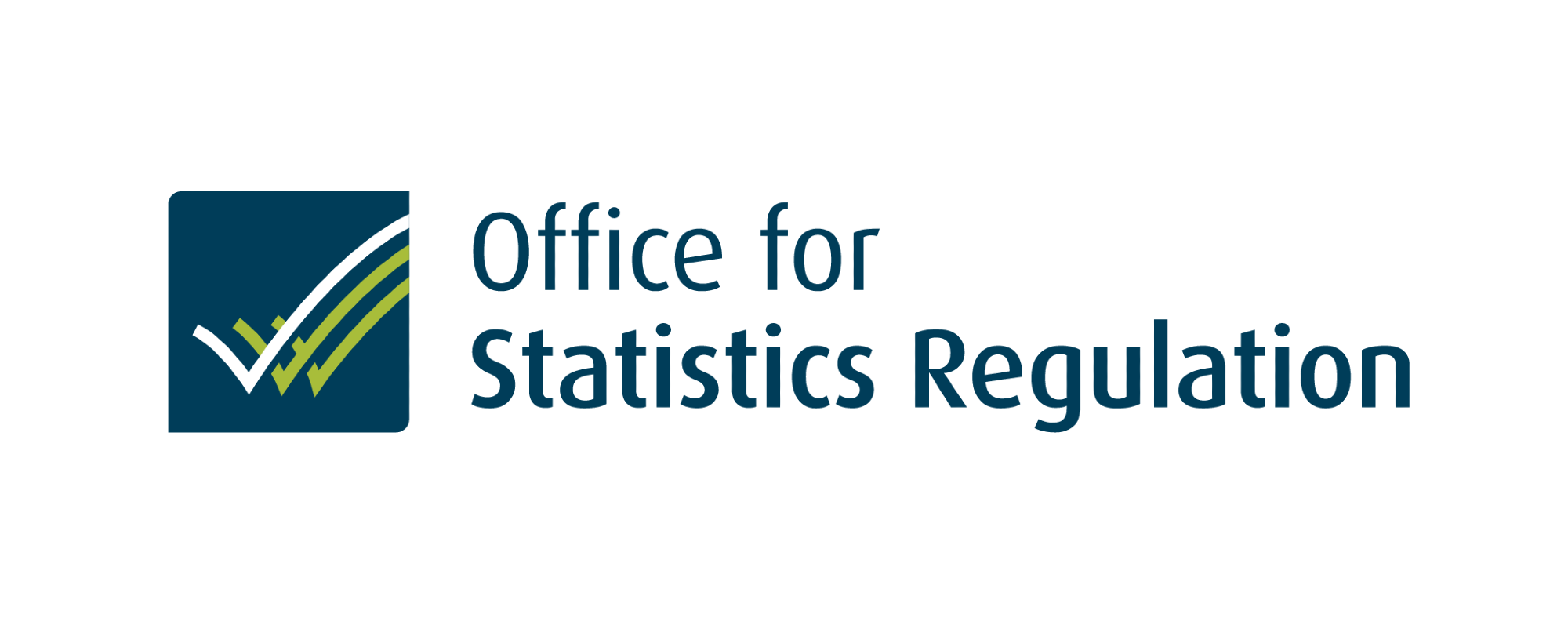Executive Summary
Judgement on National Statistics Status
ES.1 These statistics provide high quality, relevant and trusted information on Welsh Land Transaction Tax (LTT) and Landfill Disposals Tax (LDT) revenue. Welsh Government uses the statistics to monitor the amounts of LTT and LDT revenues collected, against those due. The statistics are also used by Welsh Treasury and the Office for Budget Responsibility (OBR) to produce fiscal forecasts, as well as local authorities’ planning for waste management and monitoring their progress towards meeting net-zero targets.
ES.2 In the process of this assessment the Welsh Revenue Authority (WRA) has demonstrated that the LTT and LDT meet the standards required of National Statistics and the Code of Practice for Statistics and therefore can be designated as National Statistics.
Key Findings
ES.3 The Wales Act 2014 devolved the collection of taxes on landfill disposals and land transactions to Wales from 1 April 2018, replacing Stamp Duty Land Tax (SDLT) and UK landfill tax. WRA collects and manages the tax for the Welsh Government and produces statistics on the revenue collected.
ES.4 Since its formal establishment in October 2017, WRA has demonstrated a consistently thorough approach to planning its statistical operations. WRA consults with expert users and key stakeholders to ensure that their needs are being met and that public value underpins the production of the statistics.
ES.5 WRA statistics are produced independently and on an orderly basis. Statistical production is supported by robust data governance and a professional approach to the management of its resources and the development of its staff.
ES.6 WRA ensures that the data it uses are high quality through a comprehensive approach to quality assurance, which includes evolving plans for data assurance that meets with the widening needs of its users. Confidence and trust in WRA statistics are supported by an inclusive approach to the treatment of revisions and the communication of uncertainty.
ES.7 The public value of LTT and LDT statistics is evident, supported by their wide use in the preparation of national fiscal forecasts and in environmental, waste management and housing policy. WRA’s active engagement with its key users and continuous efforts to improve the public’s understanding and accessibility to the statistics are examples of best practice.
Back to top
